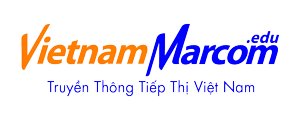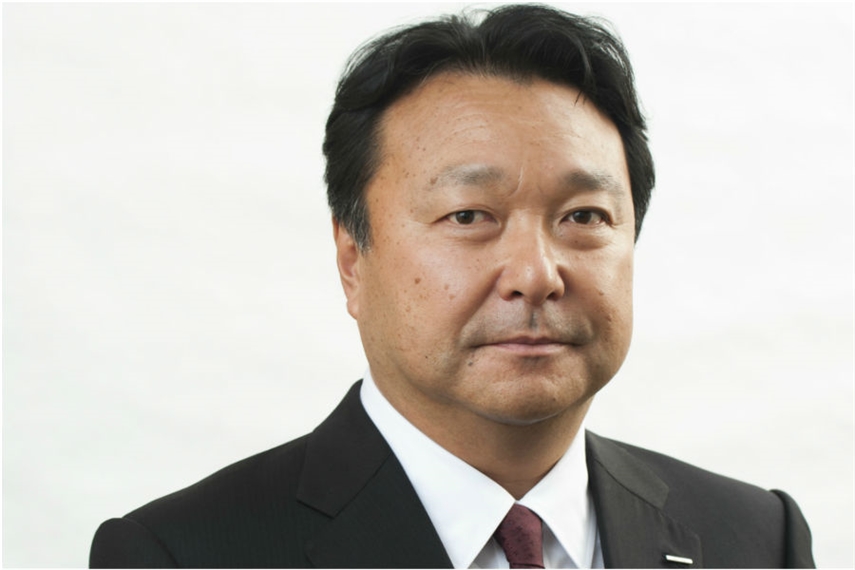Dentsu and ADK: Slim 2016 profits, caution for 2017 Dentsu avoids direct reference to last year’s crises, while both companies sound cautious notes regarding 2017 performance. Toshihiro Yamamoto was named as Dentsu’s president and CEO in January Dentsu has posted a net profit of 83.5 billion yen (US$730 million) for the year ending 31 December, an increase of 0.5 percent on 2015. But it has also predicted a year-on-year decline in profit of 2.4 percent in 2017 to 87.2 billion yen ($768 million) due to costs from reducing staff workloads. Following the suicide of an employee due to overwork, Dentsu made a pledge at the end of last year to reassign and hire additional staff in order to distribute responsibilities more evenly. For 2016, the company reported revenues of 838.36 billion yen ($7.3 billion), up 2.4 percent from 2015, and a gross profit of 789.04 billion yen ($6.9 billion). The group’s operations in Japan reported organic gross profit growth of 4.3 percent, “driven by strong performance of subsidiaries in Japan”, but absolute figures were not provided. Dentsu Aegis Network, Denstu’s international business, reported organic gross profit growth of 5.7 percent with digital overtaking traditional revenue for the first time. In EMEA, Dentsu Aegis Network grew its gross profits by 6.9 percent, thanks to double-digit growth in Spain, Italy and Russia, and high single-digit growth in Germany and France. In the Americas, Dentsu Aegis Network reported organic gross profit growth of 3.1 percent in 2016. Its performance in Canada was singled out as particularly strong. In Latin America, Mexico, Colombia and Argentina were reported as delivering “strong double-digit growth”. The report acknowledged that Brazil “remains a challenging market with an uncertain economic and political climate”. Despite an internal audit that showed Dentsu’s online advertising business had mishandled nearly 1,000 cases of digital advertising clients, digital businesses made a significant contribution to gross profits: 19.7 percent in Japan and 52.3 percent for Dentsu Aegis Network. Dentsu made no reference to the online advertising scandal or the resignation of Tadashi Ishii as president and chief executive when announcing its results. In a statement, Ishii’s successor, Toshihiro Yamamoto, credits the group’s medium-term management plan ‘Dentsu 2017 and Beyond’ with “delivering market-leading performance with strong revenue growth in both our Japanese and international business”. On Dentsu’s digital business, Yamamoto said: “We continued to make strong progress against our strategy, particularly in our ongoing investment in digital capability. This is helping forge solid growth for our clients and for the first time our international business has delivered over 50 percent of revenue from digital.” Yamamoto also reiterated a promise to “pioneer a new working environment to foster a progressed working culture in Japan,” in the coming year. For its part, ADK reported in its financial statement for the year ending 31 December, issued yesterday, that gross billings rose 0.2 percent to 352,671 million yen ($3 billion), while gross profit rose 4.8 percent to 51,182 million yen ($447.6 million). However, net profit fell by 55.7 percent year-on-year to 2,376 million yen ($20.8 million), which ADK attributes to loss on liquidation of unprofitable businesses. ADK also reported a decline in revenue and profit of its overseas business, which it attributed to “exchange fluctuation and prolonged structural reform efforts in China”. Of total gross biilings, 8.3 percent came from overseas. The company’s outlook for 2017 is cautious due to concerns around domestic consumer spending and the unstable political climate in the US and Europe. It forecasts profit of 5,520 milion yen ($48.2 million). In terms of activities, ADK noted challenges to the content business, which it said is becoming “more complicated” with “tougher” competition. Japan’s second-largest agency, Hakuhodo, will issue its financial report in May. This article has been updated.
Source: Campaign Japan


